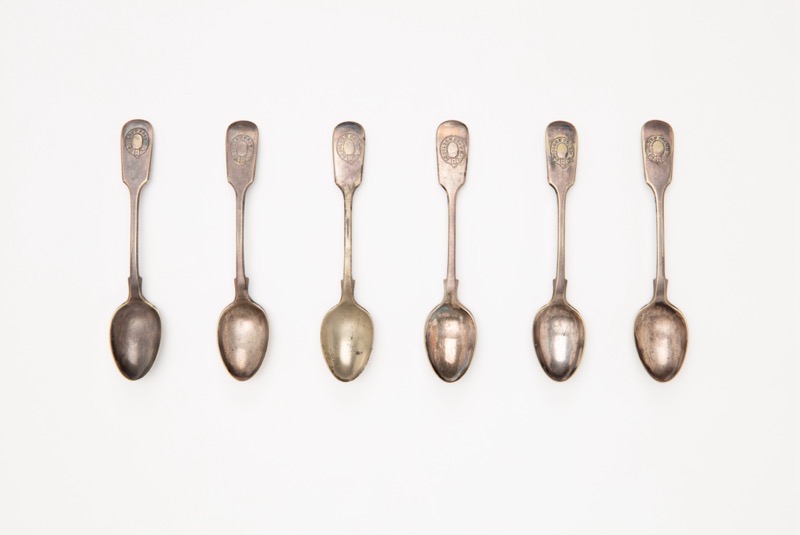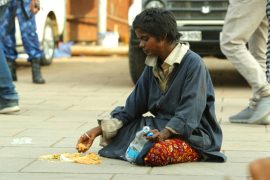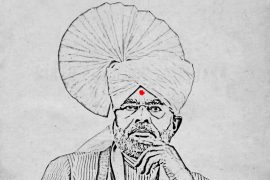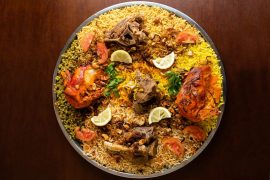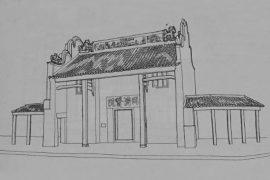The difference in being sick and being healthy is having to make choices or to consciously think about things when the rest of the world doesn’t have to. The healthy have the luxury of a life without choices, a gift most people take for granted.
Christine Miserandino is a successful writer, orator, and blogger. She also has Lupus, an autoimmune disease that may affect any part of the body at any moment. In 2003, she was out at a restaurant with her college best friend when she asked Miserandino how it felt to be living with Lupus.
Miserandino realised at that point that no one healthy could genuinely comprehend what it meant to be ill. Even though they observed her struggling and suffering daily as a result of the disease, they had no idea how it restricted her capacity to perform things that healthy people take for granted.
As a result, Miserandino devised the ‘spoon theory’ to explain the intentionality needed in daily decisions and the emotional agony that daily activities create for someone suffering from a chronic disease.
The ‘spoon theory’ soon became a metaphor used by many individuals living with chronic diseases or disabilities. It aids in developing understanding and empathy among the friends and family of individuals suffering from chronic disease, and it transfers well to mental health. It explains the amount of mental and physical energy the suffering individual has for ‘basic’ daily activities.
According to Miserandino, healthy people don’t have to think twice about saving energy when doing daily activities like brushing their teeth, bathing, getting dressed, commuting to work, and even sitting down for a meal.
For the same reason, it may not be physically evident that a loved one is suffering from life stresses such as anxiety, depression, chronic diseases, and so on. On the other hand, their bodies and energy levels are severely affected. Someone who is depressed will need considerably more energy to get out of bed in the morning than someone who is not depressed.
For someone living with a chronic disease or disability, each of the routine things — and many other unaccounted daily activities — may sap their energy to the point that they can hardly engage in other activities.
Miserandino explains the energy spent on these activities in terms of spoons. A suffering individual is limited to a specific number of spoons, which equates to a certain amount of energy. Each task throughout the day costs a specific number of spoons based on the intensity of the activity.
A healthy person does not have a limit to these spoons (energy) and doesn’t need to be mindful of it. On the other hand, a person battling with sickness needs to be careful how each spoon is spent, which requires them to plan everything much in advance.
“When other people can simply do things, I have to attack it and make a plan like I am strategising a war. It is in that lifestyle, the difference between being sick and healthy….It is the beautiful ability to not think and just do. I miss that freedom. I miss never having to count ‘spoons’,” writes Miserandino in her blog, But You Don’t Look Sick.
Miserandino talks about how the simplest tasks – such as getting out of bed, showering, dressing up, and even cooking a meal for oneself – can be unaffordable in terms of spoons.
“You cannot simply just throw clothes on when you are sick… I have to see what clothes I can physically put on, if my hands hurt that day buttons are out of the question. If I have bruises that day, I need to wear long sleeves, and if I have a fever I need a sweater to stay warm and so on,” she writes.
Assume you only have twelve spoons each day to accomplish all of your daily chores. What happens when your day calls for fifteen spoons rather than twelve? Then, you must borrow three spoons from the next day, which means you will begin the following day with just nine spoons. Extending energy on one day takes away from the next day. It is not sustainable as it may eventually result in a crash.
Today, Miserandino’s theory has become popular for people with chronic illnesses, disabilities, or various mental health issues. People who become victims of these invisible disabilities find themselves in a fix when they have to communicate how their illnesses affect them. How different are their energy levels in comparison with people around them who don’t see them physically sick? It’s easy to label these low-energy battles as ‘lazy‘ or ‘lethargic.’
In 2013, BBC News reported that the idea of spoons snowballed on the internet since Miserandino wrote about it in 2010. Her Facebook page had over 58,000 likes and over 10,000 individuals have placed a Twitter ribbon or Twibbon (an image of a silver teaspoon) in their profile picture in solidarity. ButYouDon’tLookSick now has over 1,31,000 likes.
People started to identify with it and formed a community around it, calling themselves ‘spoonies.’ The term ‘spoons’ has begun to appear in the daily vocabulary of those suffering from fatigue and stamina-related health issues.
No illness is equal, and the spoon theory justly explains this. The simple act of grocery shopping from around the corner can cost several units of energy for some people who struggle with autism. The sensory overload from moving trolleys, bright lights, the noise of multiple people talking simultaneously, the announcement of offers on the audio system — not to mention the challenge of communicating with the cashier. All these activities are overbearing and unimaginable for a healthy person.
‘The Spoon Theory offers a lingua franca for the Spoonie set, opening up a world of understanding among patients, between patients and those around them, and between patients and clinicians willing to listen,’ says Dawn Gibson.
Gibson is a caregiver for a member of her family. She also lives with spondylitis, food allergies, and learning difficulties. According to Gibson, the theory has opened communication for people with chronic illnesses and those who care about them.
Miserandino’s theory reminds us how easy it can be for healthy people to be negligent towards their energy. This disables them to understand people who suffer from illness and struggle to ‘keep up.’
‘Do you know how many spoons people waste everyday? I don’t have room for wasted time, or wasted ‘spoons’ and I chose to spend this time with you,’ writes Miserandino in her blog.
‘When you are healthy, you expect to have a never-ending supply of spoons,’ she says. ‘I’ve wanted more spoons for years and haven’t found a way yet to get more.’
-30-
Copyright©Madras Courier, All Rights Reserved. You may share using our article tools. Please don't cut articles from madrascourier.com and redistribute by email, post to the web, mobile phone or social media.Please send in your feed back and comments to [email protected]

